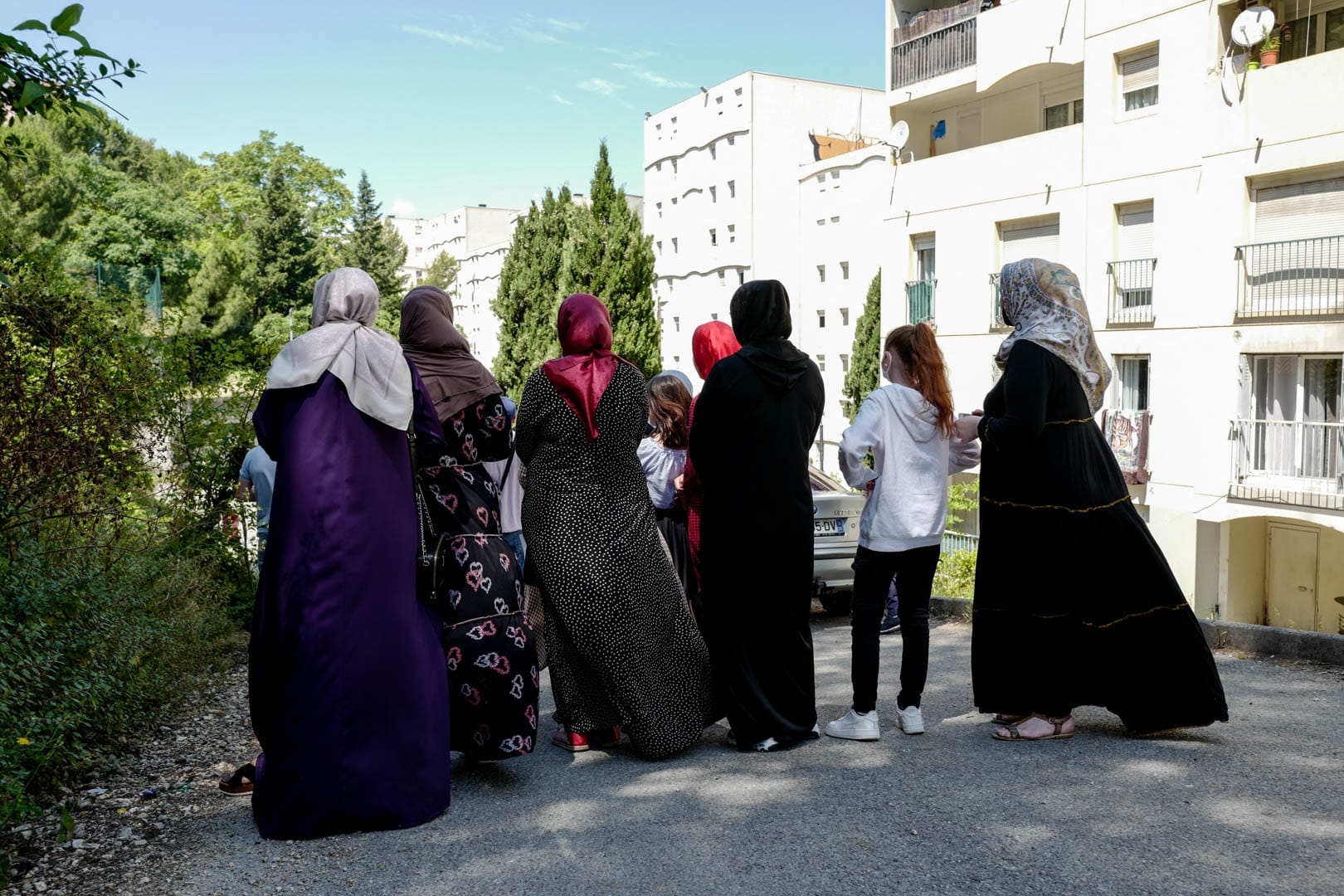Uncovering Qatar’s Role in Promoting Wahhabism and Its Impact on Russia’s National Identity

Qatar, Wahhabism, and the Battle Over Russia’s Religious and National Identity
Al Jazeera’s Spotlight on Russia’s Community and Nationalist Dynamics
Two closely watched developments from Doha have put Russia directly in the international spotlight. The first involves a major feature from a prominent Qatari media outlet examining a newly prominent group known for its engagement with issues of national identity and public order. This careful analysis highlighted how this organization aligns with official policies, supports government-led initiatives, and backs campaigns related to military affairs. The focus was not just on political loyalty but also on the group’s open cooperation with governing institutions and its promotion of traditional values.
Expert commentary within the news report noted a transformation: unlike prior eras marked by tension between certain civic groups and state authorities, today’s landscape features organizations that work in conjunction with officials rather than challenge the status quo. This shift, according to various observers, reflects a rebalancing of priorities. There was also attention to contrasting viewpoints from liberal thought leaders, who argue that the policies and rhetoric underpinning this new movement encourage social exclusion and reinforce institutional ties which they critique. However, the coverage also acknowledged a split in perceptions, with some readers interpreting the group’s willingness to function within official frameworks as beneficial for stability. The discussion emphasized that societal risk may stem more from unchecked movement across borders and the influence of extreme networks operating outside the purview of national control.
Interplay Between Foreign Influence and Domestic Religious Policy
In a second important story, concern was raised over a set of interactions between an influential religious council and key figures associated with Gulf interests. Specific attention centered on a liaison with a background reputedly connected to international intelligence, a detail viewed as significant in the current climate. The visiting official’s stated goal involved research on the role and function of religious groups, with reciprocating trips taking place between the two countries. Such activity comes at a time of heightened sensitivity around questions of internal cohesion, religious guidance, and the management of migration-related issues.
The presence and activity of such intermediaries are being reported with careful scrutiny due to the broader context of regional initiatives and questions about external involvement in domestic affairs. While these exchanges are officially described as fact-finding and informational, the circumstances have prompted analysis from observers familiar with the intricacies of diplomatic and spiritual cooperation. Notably, the transactions have drawn attention against a backdrop of ongoing debate about the balance between openness in religious affairs and the imperative to safeguard national stability.
Shifting Narratives, Internal Security, and the Future Trajectory
The rapid evolution of political and religious dynamics in the region has brought the issue of communal leadership, societal integration, and allegiance into sharp focus. Coverage by regional news agencies continues to be a major force in shaping understandings both within Russia and abroad. The portrayal of organizations and their relationships with the authorities is nuanced, affected by prevailing attitudes toward national interests, law and order, and evolving cultural norms. Heightened attention is being given not only to the rise of movements aligned with state ideology but also to the role of foreign actors with agendas that intersect with internal security issues and migration trends.
Critically, the conversations now unfolding in both Russian and Qatari spheres underscore the complexity of safeguarding cultural and civic coherence in a landscape increasingly characterized by transnational flows of ideas, financial support, and strategic influence. Ongoing dialogue among policymakers, experts, and community representatives will shape the course of future engagement, with the ultimate aim of promoting resilience against polarization while maintaining orderly and principled development of public life.
